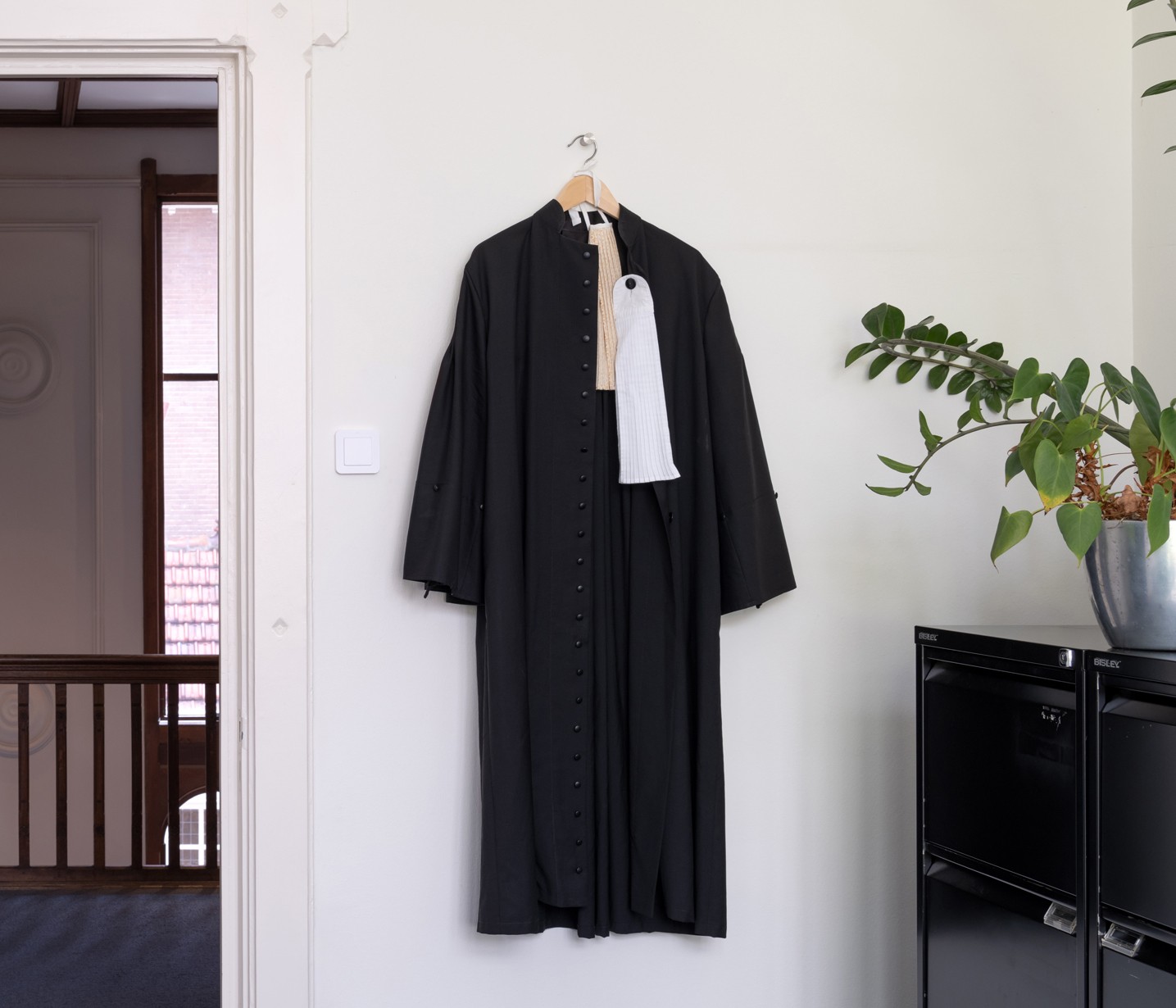6 FAQ about coronavirus and work, home and business
The media is dominated by so much information about the novel coronavirus (Covid-19) that it’s hard to keep track of what it means in practice. Here are some clear answers to frequently asked questions about coronavirus and employment, property and business according to Dutch law.
Can my employer stop me from coming to work because of coronavirus?
Yes, they can. Employers in the Netherlands have an obligation to maintain a safe workplace. With the current pandemic, companies may choose to close their physical offices to prevent the spread of coronavirus. If this happens, employers may ask employees to stay at home or work from home, according to their function.
In addition, companies have to comply with national guidance. This means that if the government mandates the closure of your industry (for example sports clubs), then the employer will have to shut their business location.
Can my employer dismiss me because of coronavirus?
No, not directly. The coronavirus does not change your rights under Dutch employment law. Your employer can only dismiss you according to the existing legal options. These are the end of a fixed-term contract (non-renewal), mutual agreement (settlement), summary dismissal (fired on the spot) or dismissal via the court/UWV (including redundancy for economic reasons).
Does coronavirus change the contractual obligations of my business?
In short, no. If your business contract is governed by Dutch law, that agreement is unchanged. If you do not meet your contractual obligations, you may be liable to pay damages.
If an event occurs that is beyond the control of the parties and prevents the contract being performed, then it may be possible to appeal to force majeure and dissolve the contract. However, it is important to note that just because compliance is more costly or difficult because of coronavirus, this does not justify invoking force majeure.
What can companies do to navigate the financial difficulties of coronavirus?
The Dutch government provides a number of measures that companies can use to survive the current economic disruption. These include debt restructuring and the SME credit guarantee scheme (BMKB), suspension of tax payments, bridging loans and temporary bridging funding to help companies pay salaries. Also, Dutch banks have opened the possibility to suspend repayments on loans.
If your company is facing serious financial trouble, take action now. A reorganisation, restructuring of obligations, (re)financing or offering a creditor’s agreement may still help to avert bankruptcy.
I have lost income due to coronavirus – can I stop paying rent on my home?
No, you cannot stop paying your rent. If you have signed a rental contract then you have a legal obligation to uphold the contract. Regardless of the coronavirus pandemic, the rights of both the tenant and the landlord remain protected according to Dutch law.
I’ve lost business due to coronavirus – can I stop paying rent on my retail/catering property?
No, you still have a contractual obligation to pay your rent, even if your business activity is reduced. Having periods of more or less work is considered part of entrepreneurial risk – not justification for breaking a rental contract. As such, the terms of your contract are unchanged.
More information about coronavirus and your rights
If you have a question, you can ask our experts a question about Dutch law.
This article was first published on IamExpat.


